Summaries of books about European History:
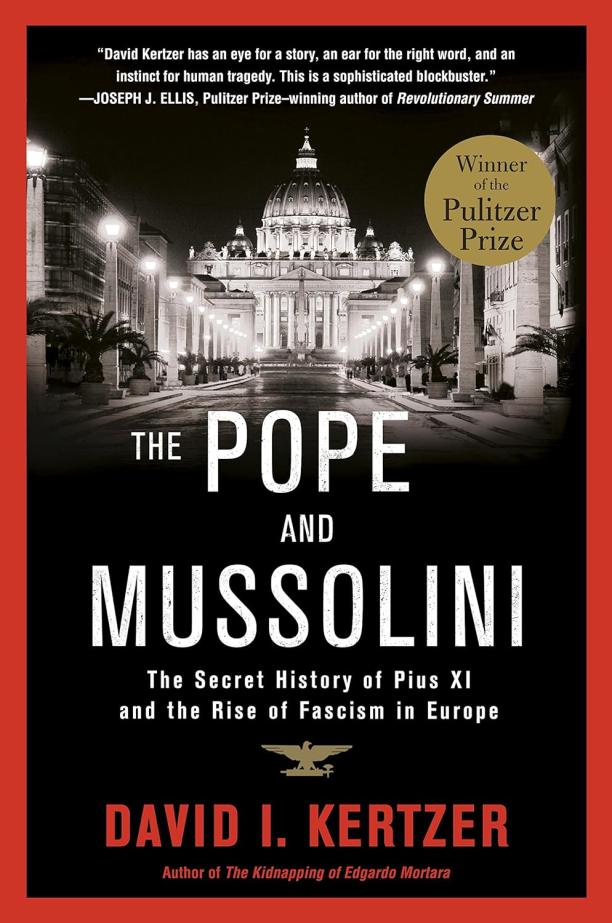
The Pope and Mussolini
The Secret History of Pius XI and the Rise of Fascism in Europe
David I. Kertzer
The book delves into the complex relationship between Pope Pius XI and Italian dictator Benito Mussolini, revealing how the Vatican's desire for power influenced its dealings with the fascist regime. It uncovers the secret negotiations, compromises, and power struggles that shaped the political landscape of Europe in the early 20th century.
See full summary
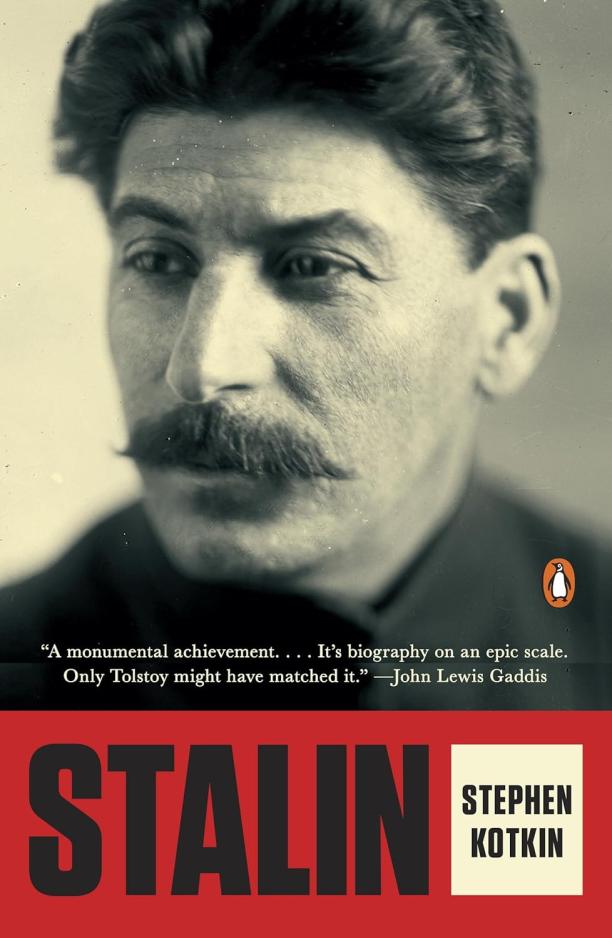
Stalin
Paradoxes of Power, 1878-1928
Stephen Kotkin
The book delves into the early life and political ascent of Joseph Stalin, exploring the complex interplay of personal ambition, historical circumstances, and brutal tactics that enabled his rise to power within the Soviet political hierarchy. It provides a detailed analysis of the Russian Revolution, the formation of the Soviet state, and Stalin's role in the Bolshevik Party leading up to the consolidation of his dictatorship by 1928.
See full summary
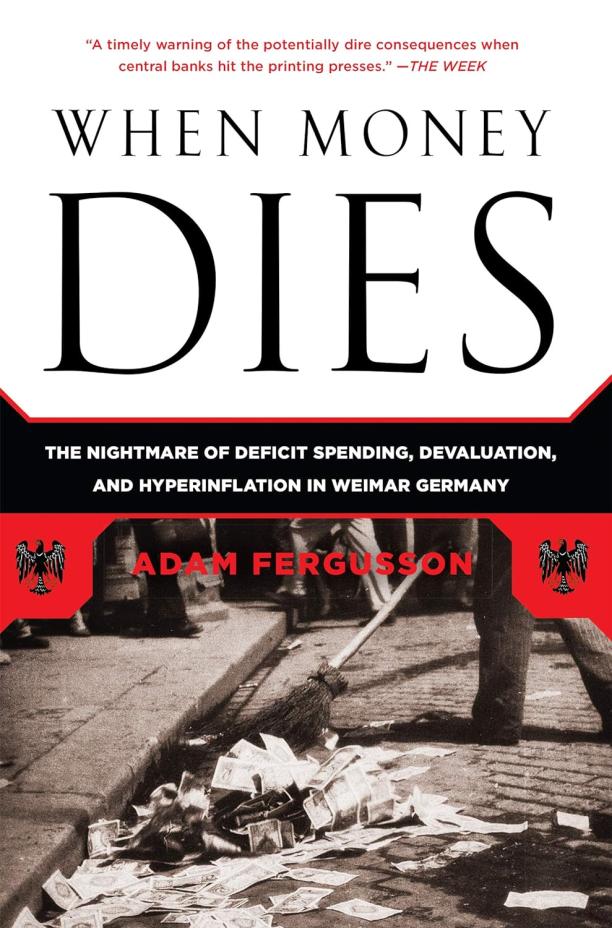
When Money Dies
The Nightmare of Deficit Spending, Devaluation, and Hyperinflation in Weimar Germany
Adam Fergusson
The book provides a detailed historical account of the hyperinflation crisis in post-World War I Germany, examining its causes, the government's deficit spending, and the devastating impact on German society. It delves into the economic and social chaos that ensued, including the erosion of savings, the collapse of the currency, and the broader implications for the stability of the Weimar Republic.
See full summary
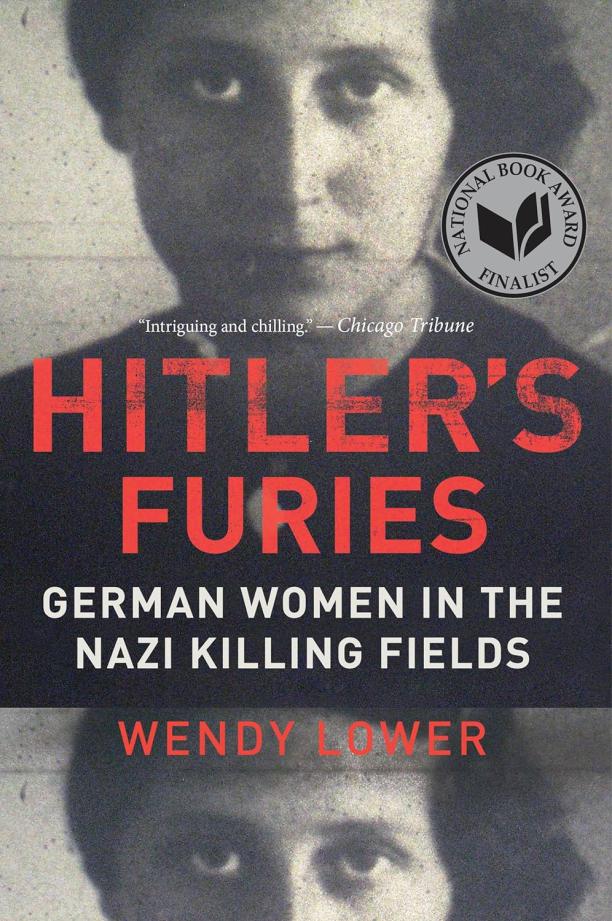
Hitler's Furies
German Women in the Nazi Killing Fields
Wendy Lower
The book explores the role of German women during the Holocaust, revealing their participation in the Nazi regime's genocidal activities. It uncovers the stories of female perpetrators, from teachers to nurses to secretaries, who were complicit in the atrocities committed against Jews and other victims during World War II.
See full summary
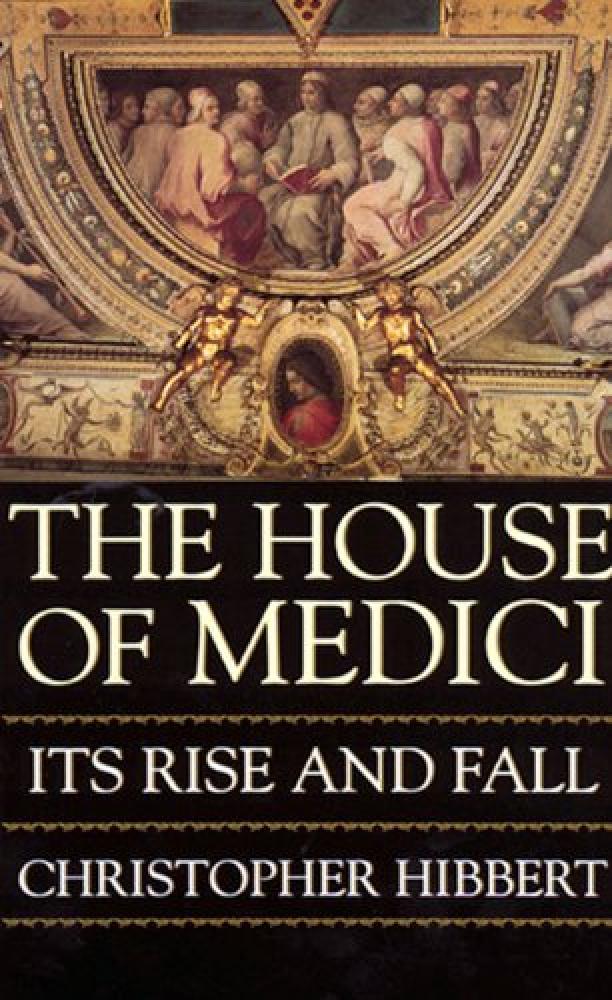
The House Of Medici
Its Rise and Fall
Christopher Hibbert
The book chronicles the ascent and decline of the Medici family, a powerful and influential dynasty that shaped the political, cultural, and economic landscape of Renaissance Florence. It delves into the lives of key family members, their patronage of the arts, and their complex relationships with the papacy and rival political entities.
See full summary
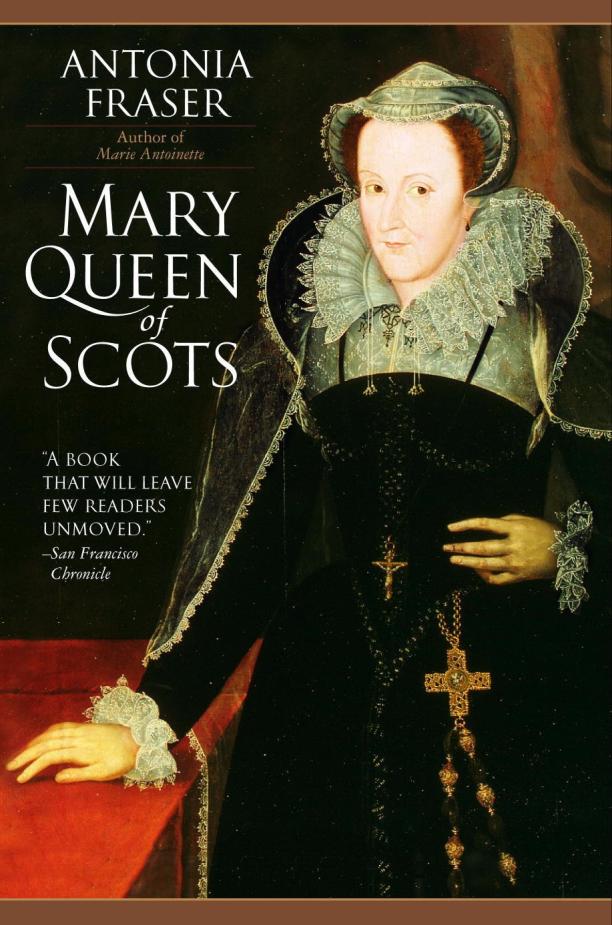
Mary Queen of Scots
Antonia Fraser
The book is a comprehensive biography that delves into the life of the sixteenth-century Scottish monarch, exploring her reign, personal relationships, and political struggles. It provides a detailed account of her tumultuous life, including her imprisonment and eventual execution by her cousin, Queen Elizabeth I of England.
See full summary
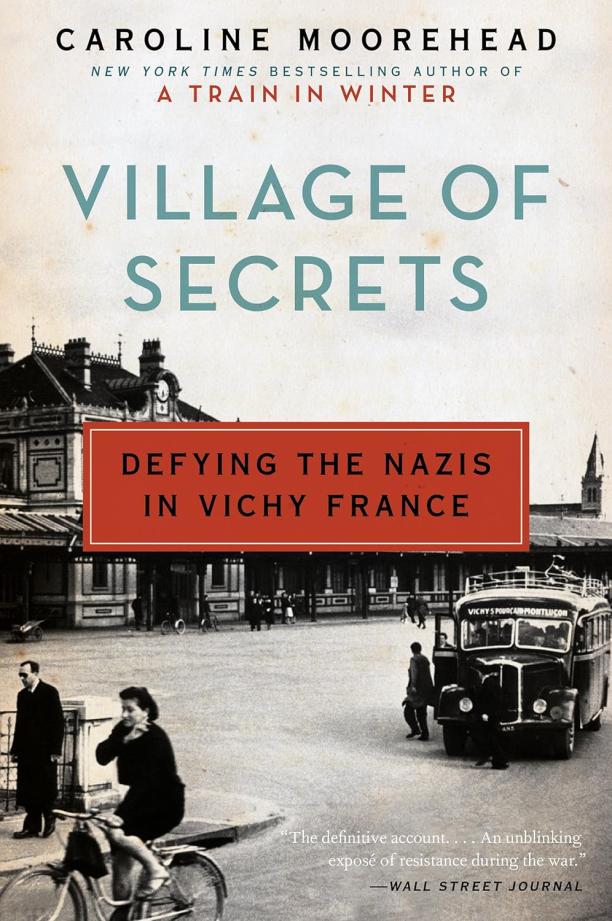
Village of Secrets
Defying the Nazis in Vichy France
Caroline Moorehead
The book recounts the remarkable efforts of the residents of Le Chambon-sur-Lignon, a French village, who saved thousands of Jews from the Holocaust during World War II. It details the coordinated acts of resistance and humanitarianism by the villagers, who provided refuge and forged documents, defying the Vichy regime and Nazi occupiers.
See full summary
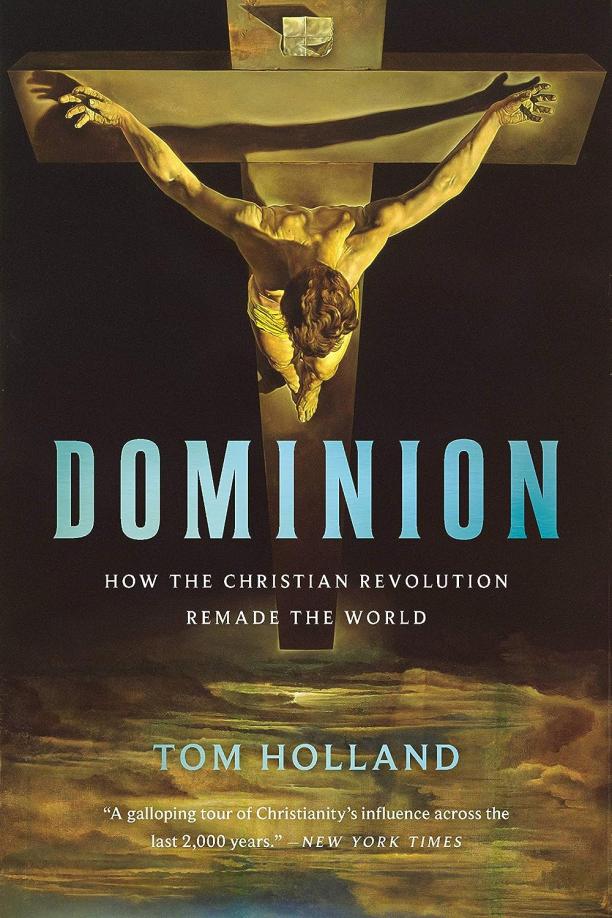
Dominion
How the Christian Revolution Remade the World
Tom Holland
The book explores the profound influence of Christianity on Western civilization, tracing its impact on morals, laws, and human rights. It argues that many contemporary values, such as the belief in equality and the sanctity of life, have deep roots in Christian doctrine and history.
See full summary
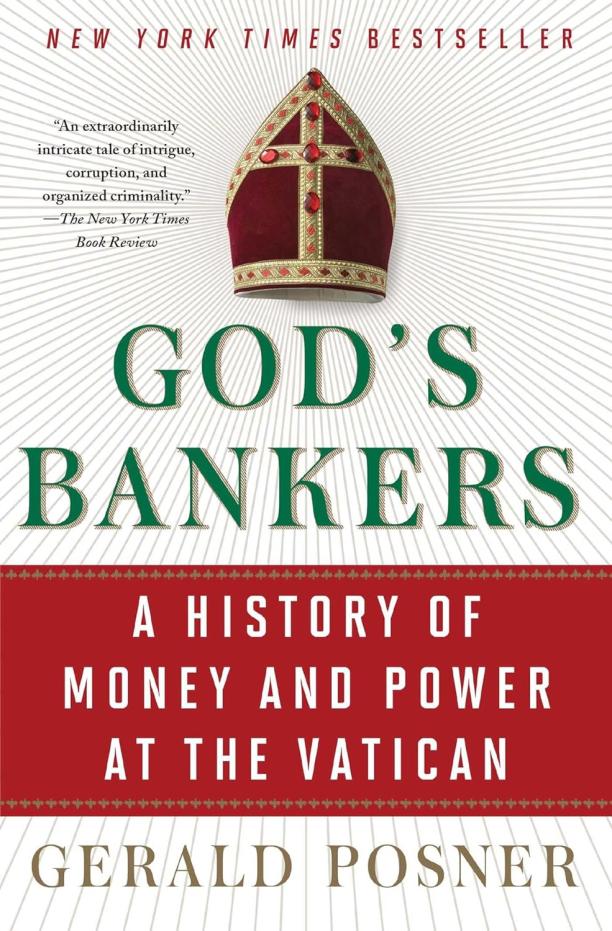
God's Bankers
A History of Money and Power at the Vatican
Gerald Posner
The book delves into the financial history of the Catholic Church, revealing the complex and often scandalous dealings of the Vatican Bank, including money laundering, fraud, and ties to global politics. It traces the institution's financial activities from the papacy of Pius XII through the 20th century, uncovering a web of corruption and the Church's efforts to maintain its economic influence.
See full summary
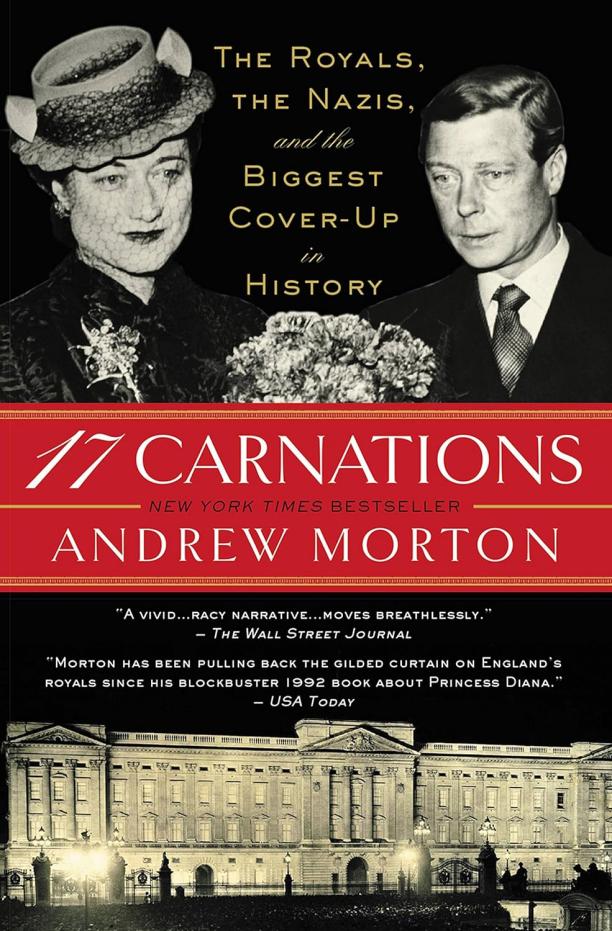
17 Carnations
The Royals, the Nazis, and the Biggest Cover-Up in History
Andrew Morton
The book delves into the relationship between the British royal family and the Nazi regime, focusing on the Duke and Duchess of Windsor's ties to Adolf Hitler. It also explores the subsequent efforts to conceal these connections post-World War II, including the controversial story of the Marburg Files.
See full summary